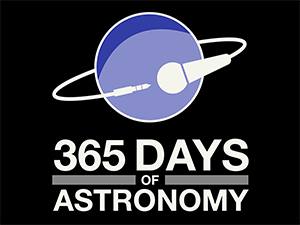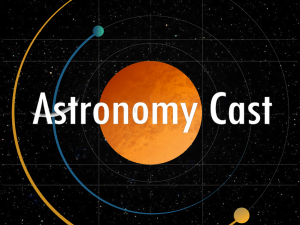
Over 250 million years ago, the worst mass extinction in the history of our planet occurred. The end-Permian event, or the Permian-Triassic extinction event, wiped out nearly all of the marine life on Earth as well as about 80% of the terrestrial life. Now, new research published in the Proceedings of the National Academy of Sciences provides evidence that the duration of the event itself took ten times longer for the land animals than the ocean life.
What this means is that the marine version of the extinction took place over 100,000 years while the land version lasted more than one million years. Since those numbers are really too big to comprehend, the press release helpfully shares that if you consider the 3.8 billion years of life on Earth as one year, the marine extinction took only 14 minutes. The terrestrial version, on the other hand, lasted about two hours and twenty minutes.
First, let’s look at the cause of the event itself. It’s another “climate change can be really awful” scenario where, in this case, massive volcanic eruptions in a region known as the Siberian traps vastly increased the amount of carbon dioxide in the air. This increase led to global warming, and that pulled the oxygen out of the water as it evaporated into the atmosphere. No oxygen, no animals. Yikes.
Now, if you want to understand an extinction event, the best place to look is the fossil record. And the best fossil records are in sedimentary rocks because, well, magma destroys all the evidence, and the increased pressure and temps of metamorphism both distorts and destroys. So sedimentary rock it is. And the best sedimentary rock for fossil hunting is one that has been underwater. Want to become a fossil? Make sure you expire near a body of water so that you can get rapidly covered in sediment and preserved. Unfortunately, that means that a lot of the fossil record comes from marine life that is already in the water.
This means that up until now, most of what we knew about the Permian-Triassic extinction came from marine fossils. So a research team decided to specifically focus on finding land animals in the fossil record and analyze what happened to them. They went fossil hunting in South Africa’s Karoo Basin, and found almost 600 four-legged fossil animals! From there, they created a database, separated the fossil by age, and grouped the specimens into 300,000-year chunks. After all, they weren’t looking for the fine details of the fossil record; they wanted the overall picture.
After much statistical analysis, the team could map out the disappearance of various creatures over this longer time period, but they cannot explain exactly why the extinction event took so much more time on land than in water. Pia Viglietti, a postdoctoral researcher at Chicago’s Field Museum and the lead author of the study, notes: The changes to the Earth’s climate were cumulative and added up over time. Ecosystems were slowly disrupted, and then it just got to a point where everything collapsed, like the straw that breaks the camel’s back. Everything’s fine until it’s not.
It should be noted that this extinction, while incredibly devastating to life on Earth, also paved the way for the rise of the dinosaurs, whose eventual extinction due to meteor paved the way for the rise of mammals.
More Information
Field Museum press release
“Evidence from South Africa for a protracted end-Permian extinction on land,” Pia A. Viglietti et al., 2021 April 27, PNAS



